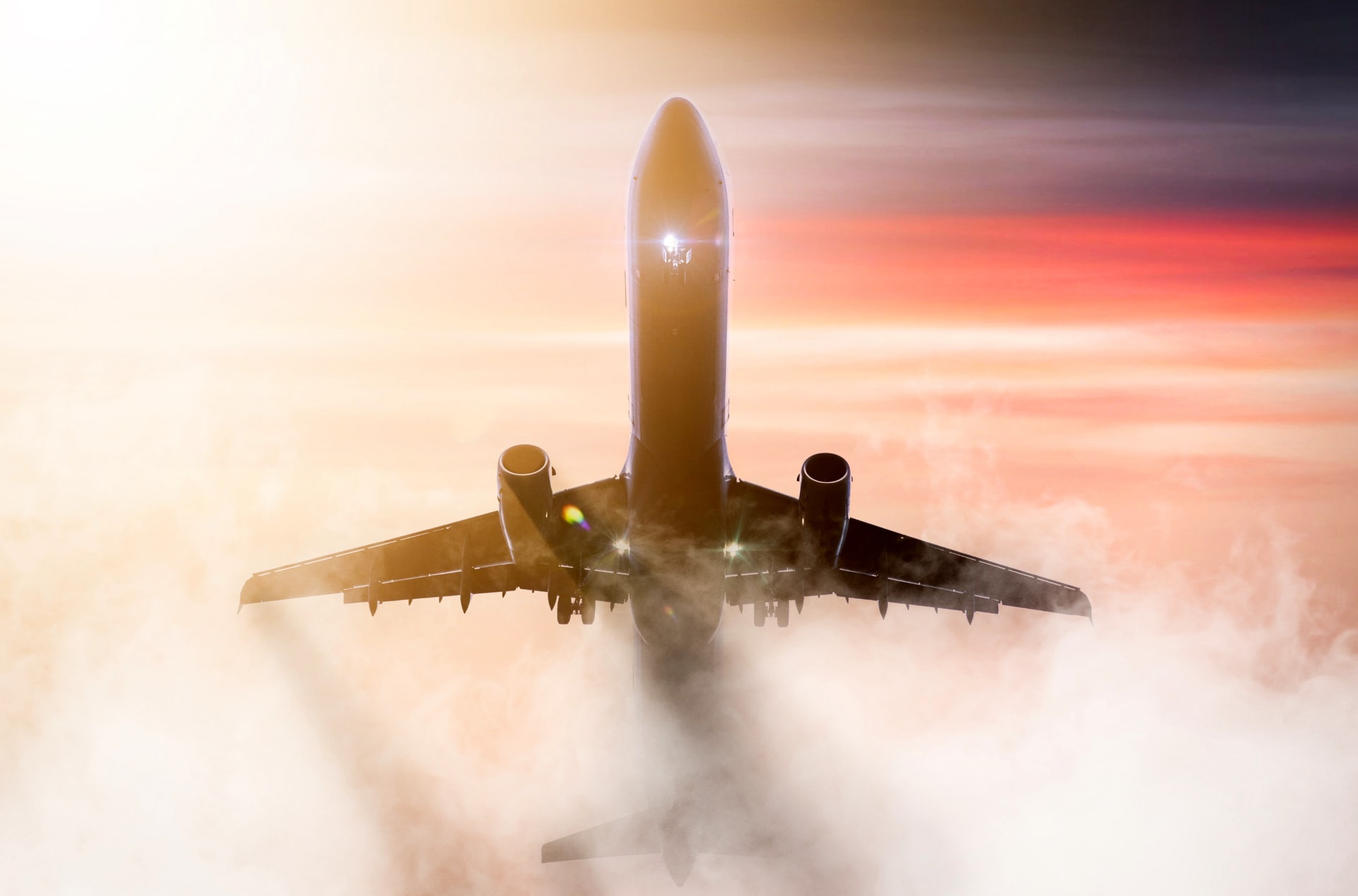China’s travel and hospitality industries have felt the impact of the coronavirus, which resulted in lockdowns and travel restrictions for most of the year.
The Chinese New Year holiday, one of the biggest travel periods in the country, is a clear example. In 2019, the New Year season saw over 50 million daily average travelers in China, while a year later—amid the pandemic—the number dropped down to roughly 300,000. It is estimated that thetourism industry lost USD 144 billionfrom February to April 2020.
Today, despite smaller sporadic outbreaks, including one in Beijing in June, China’s economy has cautiously reopened, with many domestic travel restrictions being lifted. Yet, many businesses couldn’t survive, and thousand of workers in the industry faced layoffs and salary reductions.
Airlines and hotels were among the first to deal with a large volume of cancellations. According to Bloomberg, Airbnb’s China business dropped by 80%, causing the delay of a potential IPO this year.
To survive, companies had to make sacrifices, diversify revenue streams, and focus on the domestic market, as global travel remains uncertain. Learn more about it in this video.
To check out other videos by KrASIA, please visit our YouTube channel.
